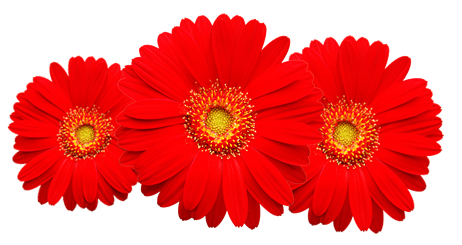NEW YORK (Reuters Health) Jun 26 – Eating soy foods may be linked to a lower recurrence risk in breast cancer, according to a study of Chinese and American women that eases earlier concerns.
Intake of at least 10 mg soy isoflavones per day was also tied to lower risks of all-cause and breast cancer-specific mortality, although those associations weren’t statistically significant.
“The findings of our study suggest that moderate soy food intake is safe for breast cancer survivors,” said Dr. Xiao-Ou Shu from Vanderbilt University School of Medicine in Nashville, Tennessee, whose report was published online May 30 in the American Journal of Clinical Nutrition.
“For women who are regular soy food consumers, they should not be concerned about cutting their soy food intake after diagnosis of breast cancer,” Dr. Shu told Reuters Health in an email.
In the face of sparse epidemiological evidence on the effects of eating soy products after a breast cancer diagnosis, Dr. Shu and colleagues did a pooled analysis using data from the After Breast Cancer Pooling Project. Their analysis includes more than 9,500 breast cancer survivors from two prospective U.S. cohort studies and one Chinese study.
After a mean follow-up period of 7.4 years, there had been 1,171 deaths, 881 of which were from breast cancer, and 1,348 recurrences.
The researchers found that women who ate at least 10 mg isoflavones per day had a significant 25% reduction in their recurrence risk, as well as non-significant trends toward reduced all-cause and breast cancer-specific mortality.
The recurrence risk dropped with increasing isoflavone intake, such that women in the highest decile had a 36% reduced risk of recurrence compared with the lowest decile.
The link between soy intake and recurrences differed by country, however. In China, the risk reduction was marginally significant (p=0.06), whereas in the U.S. it was significant.
The inverse association between isoflavone consumption and recurrence was slightly stronger among women with estrogen receptor-negative breast cancers. Among women with estrogen receptor-positive breast cancers, the risk of recurrence was significantly reduced only for women who also used tamoxifen.
“While soy food consumption after diagnosis of breast cancer is safe, these results can’t be directly generalized to supplements that contain soy isoflavones,” Dr. Shu cautioned. “The effect of the latter on breast cancer outcome needs to be evaluated.”
“There are many subtypes of breast cancer,” Dr. Shu added. “The effect of soy food intake on subtypes of breast cancer remains to be studied. This is one of our next research projects.”
SOURCE: http://bit.ly/MypEWK
Am J Clin Nutr 2012.
— Will Boggs
0
